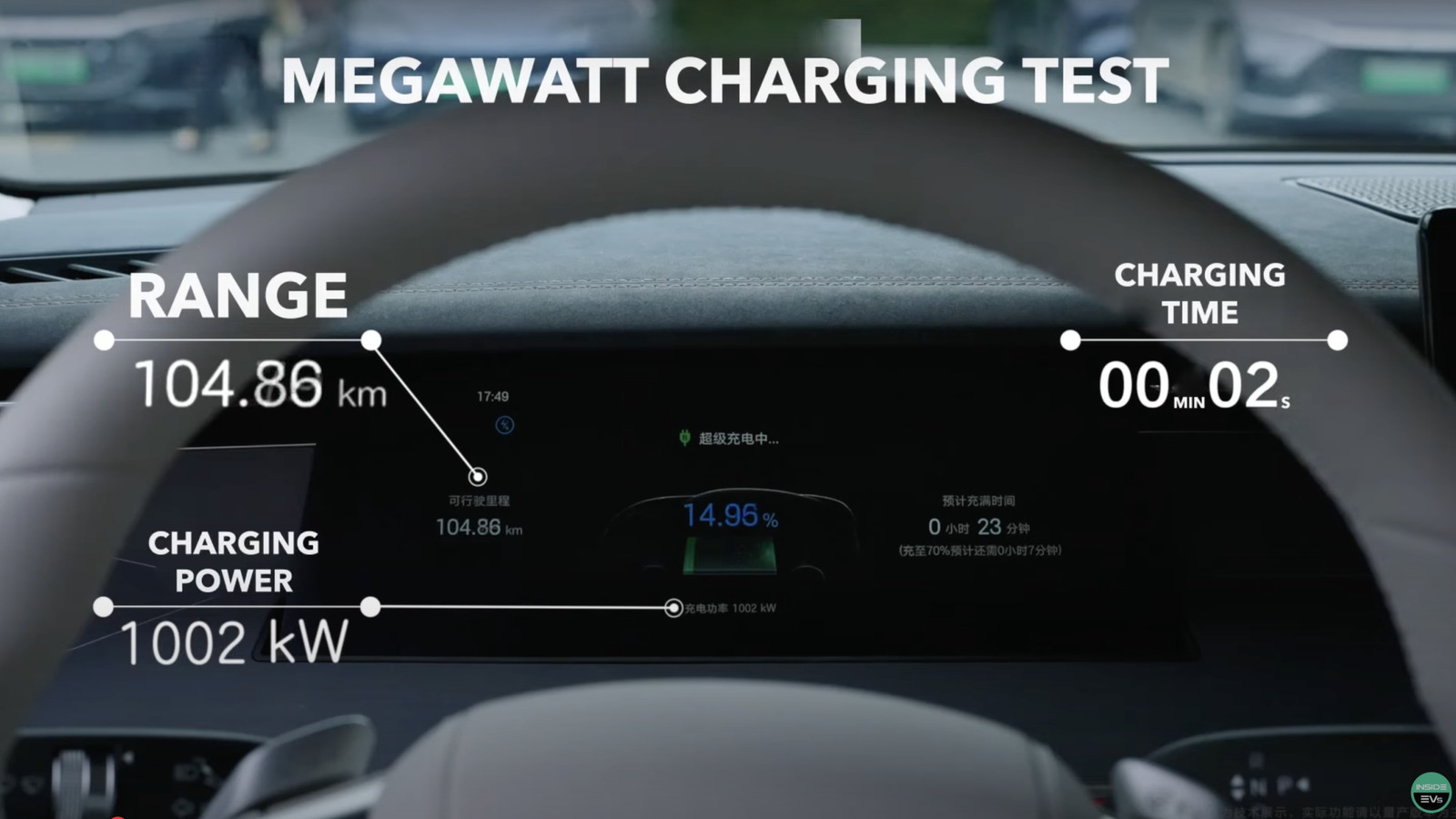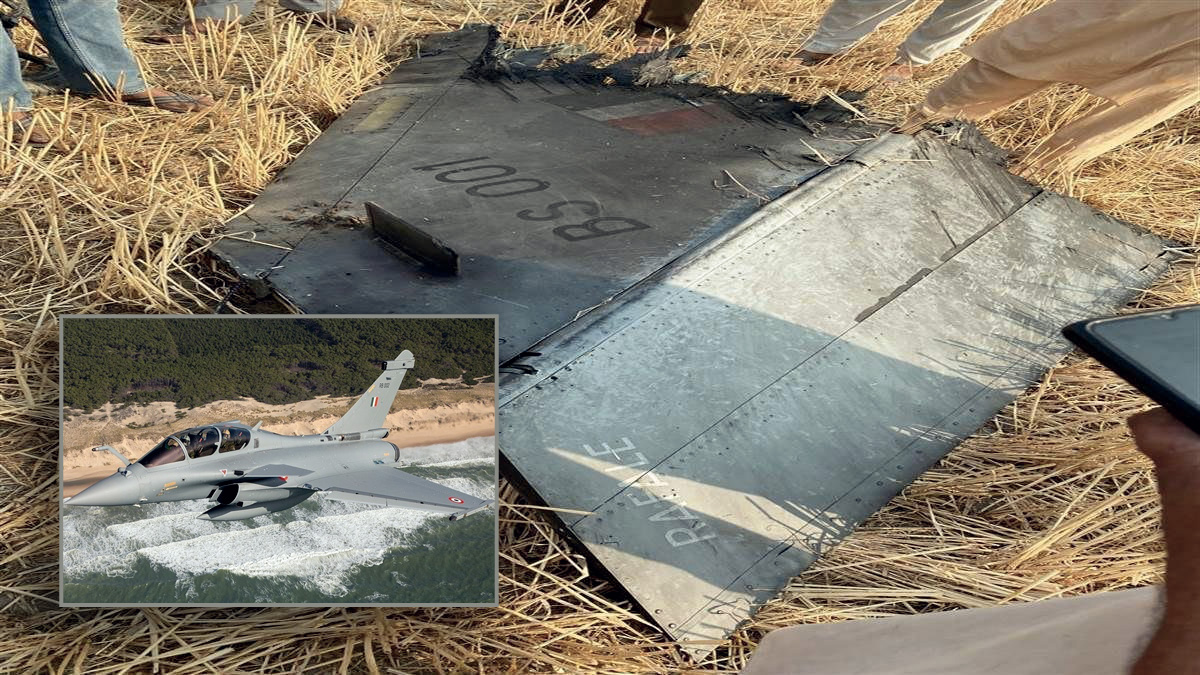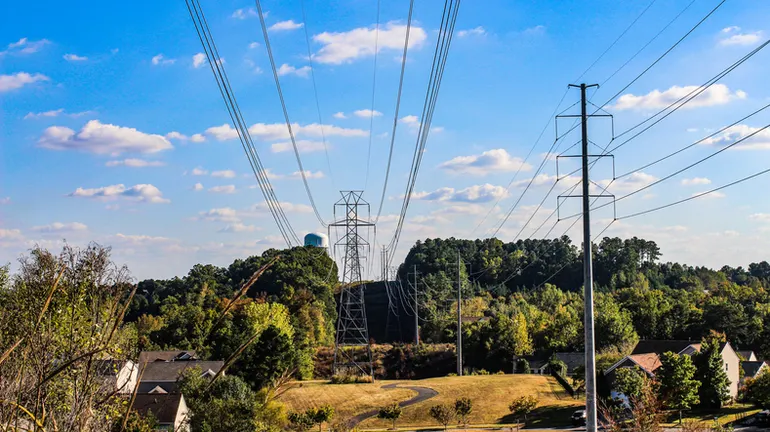BENCHSLAP: NY Judge Rules That We Are NOT Under Venezuelan Invasion
Judge Hellerstein is 91 and all outta fucks to give. The post BENCHSLAP: NY Judge Rules That We Are NOT Under Venezuelan Invasion appeared first on Above the Law.


Hosanna! The great war with Venezuela is over. Bang those pots! Flip a car! Kiss a random stranger WITH CONSENT!
Yesterday, Judge Alvin Hellerstein of the Southern District of New York became the second judge in a week to declare that we are not in a war — declared or otherwise — with Venezuela. Nor are we under invasion by gang members directed by the Maduro regime. And so the president’s invocation of the Alien Enemies Act (AEA) as justification for grabbing random Venezuelans off the street and locking them in a Salvadoran gulag is void ab initio.
You know an opinion is going to be a resounding benchslap when the windup includes the Declaration of Independence.
This nation was founded on the “self-evident” truths “that all men are created equal, that they are endowed by their Creator with certain unalienable Rights, [and] that among these are Life, Liberty and the pursuit of Happiness.” Declaration of Independence, at ¶ 2 (1776). Our Constitution embodies these truths, in a limited government of enumerated powers, in its system of checks and balances separating the executive, legislative and judicial branches, and in its guarantee that neither citizen nor alien be “deprived of life, liberty, or property, without due process of law.” U.S. Const. amend. V; see Plyler v. Doe, 457 U.S. 202, 210-12 (1982) (extending these protections to aliens).
And although the judge does not quote the president’s recent tirade about the impossibility of providing process — “We’re gonna have 5 million trials? It doesn’t work. You wouldn’t have a country left.” — it’s very clear that’s what he means:
Drafting complaints with particular allegations against individual aliens, providing aliens with time to contact counsel and file a habeas petition, and preparing for a hearing before a federal judge takes time and manpower. However, it is the nature of due process to cause fiscal and administrative burdens. Rule by the ipse dixit of a President is likely more efficient than the deliberative procedures of a court. But it is what our Constitution, and the rule of law, demand. And due process, once surrendered, is difficult to reinstate.
Judge Hellerstein is 91, and, like so many of the old bulls of the judiciary, is not about to surrender the rule of law without a fight. He was one of the first jurists to issue a TRO after the Supreme Court yanked the rug out from under Chief Judge Boasberg in DC and voided his order protecting detainees from deportation to El Salvador. In SCOTUS’s hastily dashed off order, the conservative justices (minus Barrett) gestured vaguely in the direction of habeas petitions and more or less told the detainees to whistle for it. But then trial judges raced into the breach, seizing upon that bare fig leaf of process to protect immigrants from the depredations of the state.
“The Second Circuit has held that habeas petitions may be brought as class actions, and are not subject to the ‘precise provisions’ of Fed. R. Civ. P. 23, the Rule which generally governs class action certification,” Judge Hellerstein ruled last month, issuing a TRO and granting class certification to all potential AEA deportees in the Southern District of New York. But that protection was limited to ensuring that detainees got notice of potential deportation and time to challenge it, as well as ensuring that the government could not defeat the TRO by shifting detainees to another district. Here, he’s invalidating the entire executive order.
“I hold that the predicates for the Presidential Proclamation, that TdA has engaged in either a ‘war,’ ‘invasion’ or a ‘predatory incursion’ of the United States, do not exist,” he wrote. “There is nothing in the AEA that justifies a finding that refugees migrating from Venezuela, or TdA gangsters who infiltrate the migrants, are engaged in an ‘invasion’ or ‘predatory incursion.’ They do not seek to occupy territory, to oust American jurisdiction from any territory, or to ravage territory. TdA may well be engaged in narcotics trafficking, but that is a criminal matter, not an invasion or predatory incursion.”
The court also made some interesting findings with respect to the AEA itself, chiding the government for failing to mention the parts of the statute that go against it. So far, the court fights have been on whether and how much process AEA deportees are entitled to under 50 U.S. Code § 21. But Judge Hellerstein reads further into the statute, citing 50 U.S. Code § 22’s provision for foreign nationals subject to an AEA proclamation but charged with no crime, a “reasonable time” to dispose of their possessions and depart the country.
And then there’s 50 U.S. Code § 23:
After any such proclamation has been made, the several courts of the United States, having criminal jurisdiction, and the several justices and judges of the courts of the United States, are authorized and it shall be their duty, upon complaint against any alien enemy resident and at large within such jurisdiction or district, to the danger of the public peace or safety, and contrary to the tenor or intent of such proclamation, or other regulations which the President may have established, to cause such alien to be duly apprehended and conveyed before such court, judge, or justice; and after a full examination and hearing on such complaint, and sufficient cause appearing, to order such alien to be removed out of the territory of the United States, or to give sureties for his good behavior, or to be otherwise restrained, conformably to the proclamation or regulations established as aforesaid, and to imprison, or otherwise secure such alien, until the order which may be so made shall be performed.
Judge Hellerstein reads this to imply that “the AEA [] imposes a ‘duty’ on the federal courts to give a ‘full examination and hearing’ to the Executive’s ‘complaint’ against the alien, and to order the alien’s removal only upon ‘sufficient cause appearing.’”
It should be noted that no other court has read § 23 in that way, and it’s not an argument the ACLU has been making in its many AEA cases. Perhaps this is stretching the Supreme Court’s habeas loophole past breaking. But in the main, the order is entirely in accord with Judge Fernando Rodriguez’s (much more circumspect) order in Texas finding that whether the US is actually being invaded by Venezuela is a justiciable issue, and that we are patently not. This was also the finding of the Intelligence Community, which just released a memo pursuant to a FOIA request by the Freedom of the Press Foundation reflecting the widespread conclusion that the Maduro regime does not direct Tren de Aragua “troops” in America to destabilize the US government.
Notably, the government has not appealed Judge Rodriguez’s preliminary injunction since he issued it on May 1. Perhaps they were finally warned off by the Supreme Court leaping in at 1am to halt AEA removals in the Northern District of Texas. Or maybe they’ve been too busy ironing out the details to rendition Southeast Asian nationals to Libyan prisons, and they’ll get to it when they get to it.
G.F.F. v. Trump [Docket via Court Listener]
Liz Dye lives in Baltimore where she produces the Law and Chaos substack and podcast.
The post BENCHSLAP: NY Judge Rules That We Are NOT Under Venezuelan Invasion appeared first on Above the Law.




















































































































































